Daniel Campbell


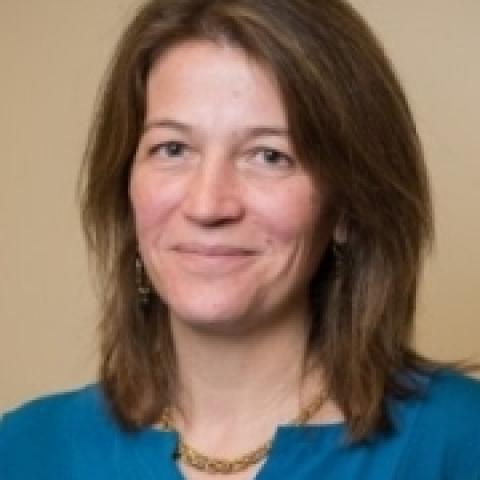
I joined the Center for Relativistic Astrophysics at GeorgiaTech in January 2015, from the University of Massachusetts Amherst. My principal research interests is gravitational wave astrophysics and LIGO – I have been a member of the LIGO Scientific Collaboration since 2002. I am also interested in particle astrophysics; I have been a member of the Borexino Collaboration (solar neutrino detection) until 2013 and the DarkSide Collaboration (direct dark matter search) until 2014.

Neuromodulation of peripheral nerve activity real-time control methods applied to electrophysiology measurements Autonomic modulation of visceral organs. Our laboratory combines engineering and neuroscience to tackle real-world problems. We utilize techniques including intracellular and extracellular electrophysiology, computational modeling, and real-time computing.
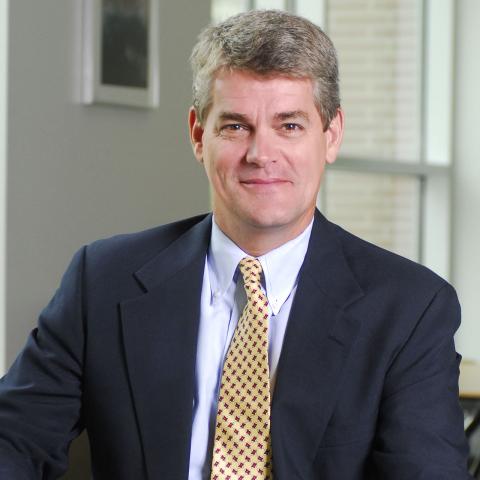
Since the fall of 2000, Robert has taught several courses in the College of Management at the Bachelors, Masters and Executive Masters levels. Quantitative course experience includes Analytic Tools (statistics, regression analysis and simulation) and Management Science (linear programming, network models, decision analysis, queuing models, project scheduling and simulation). Experience teaching qualitative (case-based) courses include Operations Management, Service Operations Management and Management of Technology. He has won several student-elected teaching awards including College of Management Undergraduate Professor of the Year (2001, 2004 and 2007), MBA Elective Professor or the Year (Service Operations – 2003), MBA Core Professor of the Year (Analytic Tools – 2008) and Evening MBA Elective Professor or the Year (Management of Technology – 2011).
Prior teaching experience includes four years at the Georgia State University Robinson College of Business where he taught MBA-level courses in Operations Management, Project Management, Operations Strategy, Global Operations Management and Applications of Simulation in Management.
Current research interests include empirical research in Service industries, outsourcing in both manufacturing and service industries, and applications of evidence based management techniques. He is a co-author of two published papers and a case study and has several working papers in various stages of completion. He has made 22 technical presentations at academic conferences since 1994.
Educational background includes a BS in Engineering Science from the University of Tennessee – Knoxville, an MBA from Lynchburg College (Virginia) and he has completed three of four parts of a PhD in Operations Management from Georgia Tech College of Management (ABD-All but Dissertation).
Eight years of professional experience prior to academics includes jet engine structural design engineer at Pratt & Whitney Aircraft (West Palm Beach, FL) and as a product engineer and then an engineering manager at Babcock & Wilcox – Naval Nuclear Fuel Division (Lynchburg, VA).
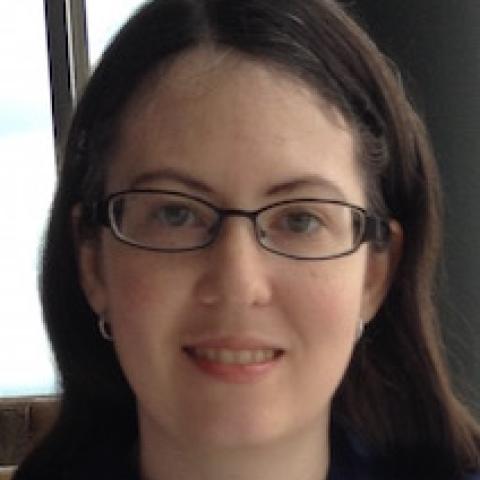
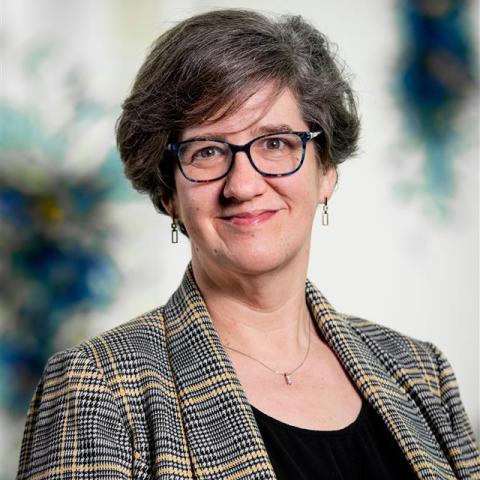
Pam Buffington is the executive director of Foundational Infrastructure & Technology within the Office of Information Technology (OIT). Pam has extensive experience at Georgia Tech and has worked in a variety of roles and responsibilities since 1995, enabling innovative uses of information technologies in both research and academic/instructional capacities. Most recently, she served as director of Research Cyberinfrastructure & Computing – guiding the work of the Partnership for an Advanced Computing Environment – or PACE. PACE is a collaboration between Georgia Tech faculty and OIT with a focus on high performance computing infrastructure with technical support services. Prior to her time leading PACE, Pam led OIT’s Digital Learning Team as associate director of Academic Technologies and steered external relations activities for Center for 21st Century Universities, or C21U.
Pam is also a published researcher who most recently co-authored Semi-Automatic Hybrid Software Deployment Workflow in a Research Computing Center. An official “Double Jacket,” Pam earned both her undergraduate (BS’95) and Master of Business Administration (MBA ’23) degrees from Georgia Tech.

Sam Brown's lab studies the multi-scale dynamics of infectious disease. Their goal is to improve the treatment and control of infectious diseases through a multi-scale understanding of microbial interactions. Their approach is highly interdisciplinary, combining theory and experiment, evolution, ecology and molecular microbiology in order to understand and control the multi-scale dynamics of bacteria pathogens.
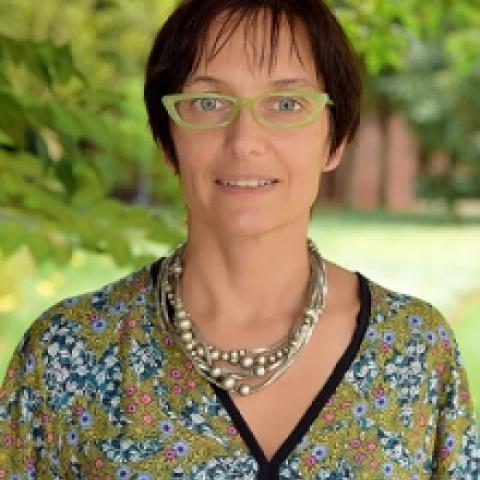
Dr. Annalisa Bracco is a professor at Georgia Tech with extensive background in computational fluid dynamics and physical oceanography. Her research interests include coastal ocean circulation, with focus on meso- and submesoscale processes, ocean predictability and inverse dynamics, impacts of physical forcing on ecosystems, and climate model validation. Her group has been involved in field collections during the Deepwater Horizon spill (July/Aug. 2010) and was back in the Gulf in the summer of 2011.

Dr. Borodovsky and his group develop machine learning algorithms for computational analysis of biological sequences: DNA, RNA and proteins. Our primary focus is on prediction of protein-coding genes and regulatory sites in genomic DNA. Probabilistic models play an important role in the algorithm framework, given the probabilistic nature of biological sequence evolution.
Development and applicaton of new machine learning and pattern recognition methods in bioinformatics and biological systems. Development and applicaton of new machine learning and pattern recognition methods in bioinformatics and biological systems. Chromatin; Epigenetics; Bioinformatics
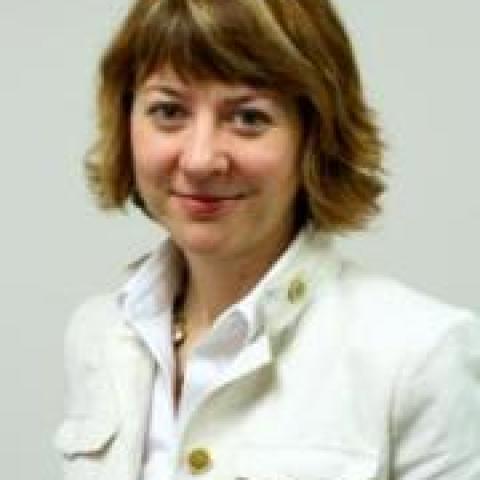
Tamara Bogdanović is a theoretical astrophysicist whose research interests include the ins and outs of some of the most massive black holes in the universe known as supermassive black holes. She investigates the physical processes that arise in accretion flows around supermassive black holes and uses them as luminous tracers of these otherwise dark objects. Some of the scenarios she and her colleagues study include the accretion of gas by the single and binary supermassive black holes as well as the accretion of stars that happen to be disrupted by the black hole tides in galactic nuclei. Tamara’s goal as a theorist is to predict the signatures of these interactions which can be searched for in observations, as well as to provide interpretation for some of the puzzling astrophysical events seen on the sky.